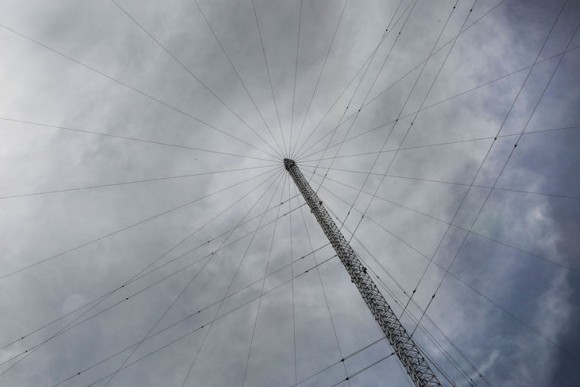Image: RNT Foundation
Blog Editor’s Note: Up front caveat – the editor has deep Coast Guard experience and more that a passing familiarity with eLoran. In fact, he probably still is on the “bad list” of a major telecommunications company because he was not able to arrange a two month delay of the 2010 shutdown of Loran-C in the U.S. The company had been using it as a timing reference.
That said, eLoran has been regularly recommended as a complement to GPS by government studies and the national PNT advisory board. And Loran is in operation elsewhere in the world. So, if it was part of the suite of solutions the US adopted, it would provide opportunities for constructive engagement with others.
And we know at least one senior Capitol Hill staff member who thinks that having the Coast Guard resume this duty is the way to go.
A good article. We particularly like the sidebar “The Dangerous Radio-Navigation Capability Gap.” This is a point that seems to have been missed by many policy makers, though it is being discussed more recently. See our recent post on “The Russia Trap” and the comments of officials from the Obama and Trump administrations in this article.

Let the Coast Guard Operate eLORAN
The United States must address its GPS capability gap, and the Coast Guard’s expertise makes it the right service to lead the way.
By Ensign David W. Zenkel, U.S. Coast Guard
“Current plans, if not modified, could lead to an overreliance on GPS-based systems for critical transportation functions.”1 These words ring as true today as they did in 1997, when they were written in the report of the President’s Commission on Critical Infrastructure Protection. That plan—to discontinue the Coast Guard’s LORAN-C radionavigation system, an alternative to GPS—was enacted in 2010.2
Since then, great power competition has exacerbated the vulnerability of the U.S. GPS infrastructure, and there has been a lack of urgency among government agencies charged with developing a new, enhanced LORAN (eLORAN) system. The Coast Guard, however, is uniquely positioned to ensure the U.S. military will be equipped to deal with the consequences a great power conflict may inflict on its GPS infrastructure. It is time for the Coast Guard to take the lead on eLORAN.


